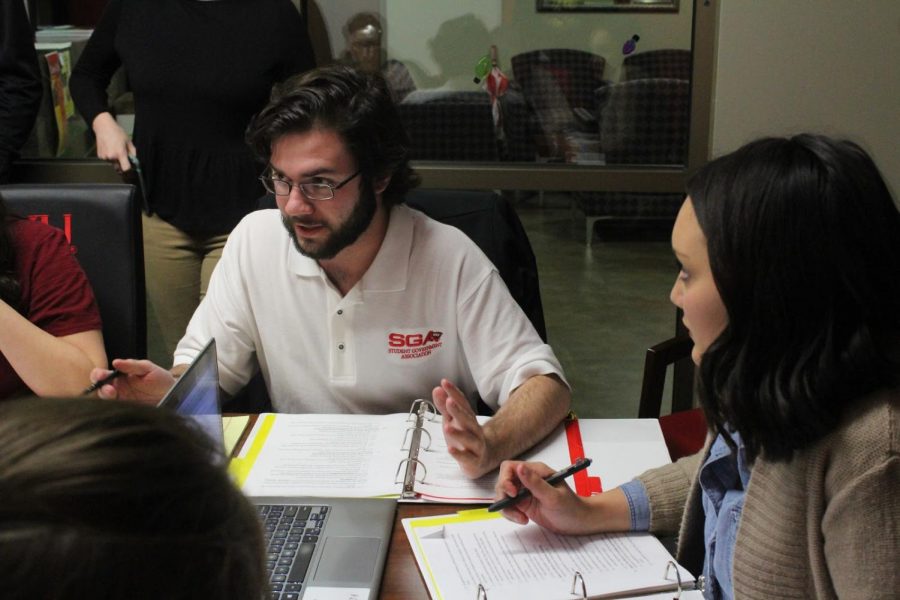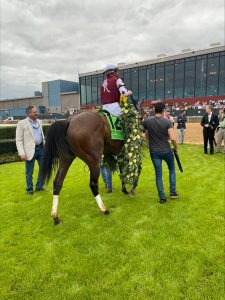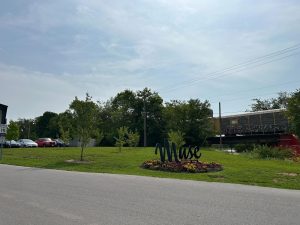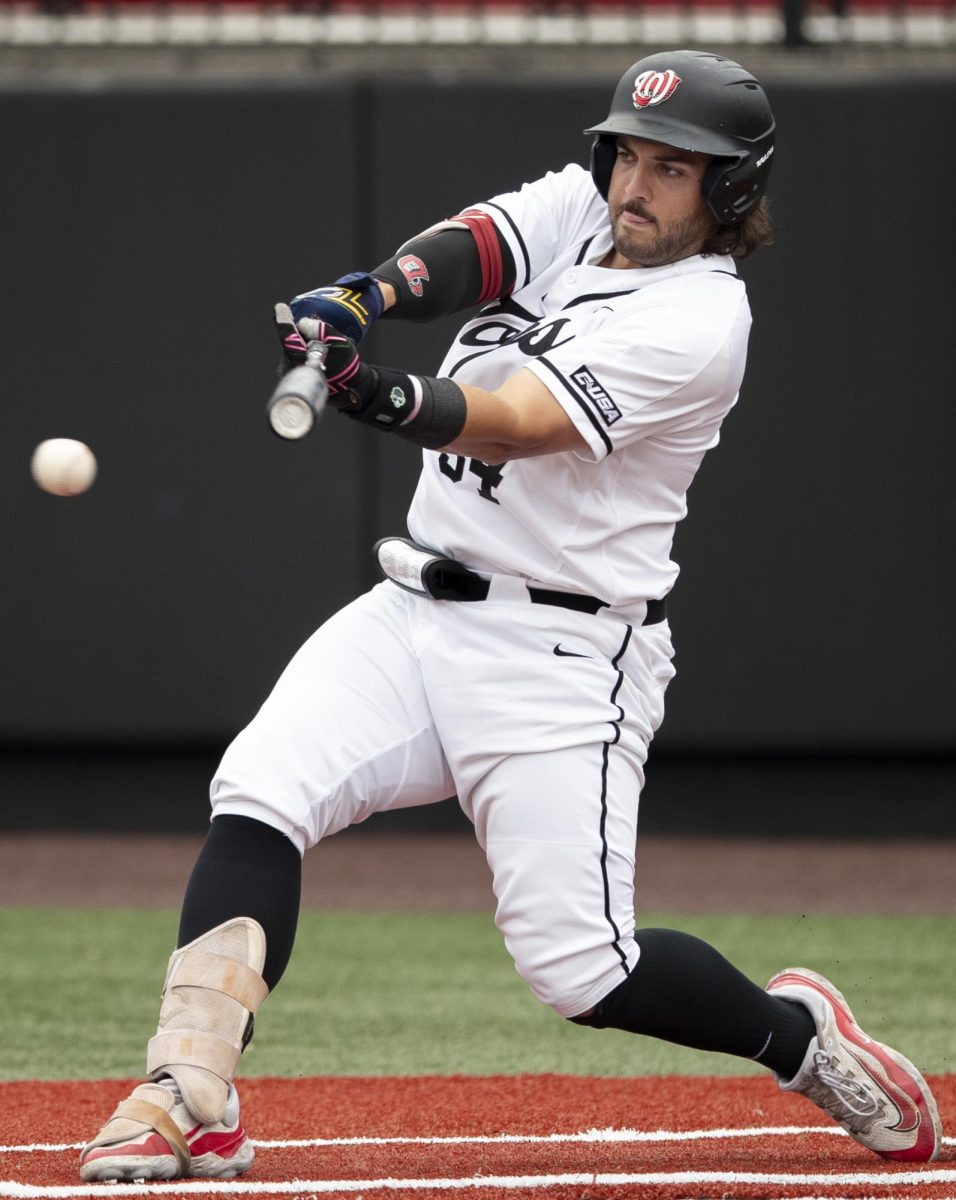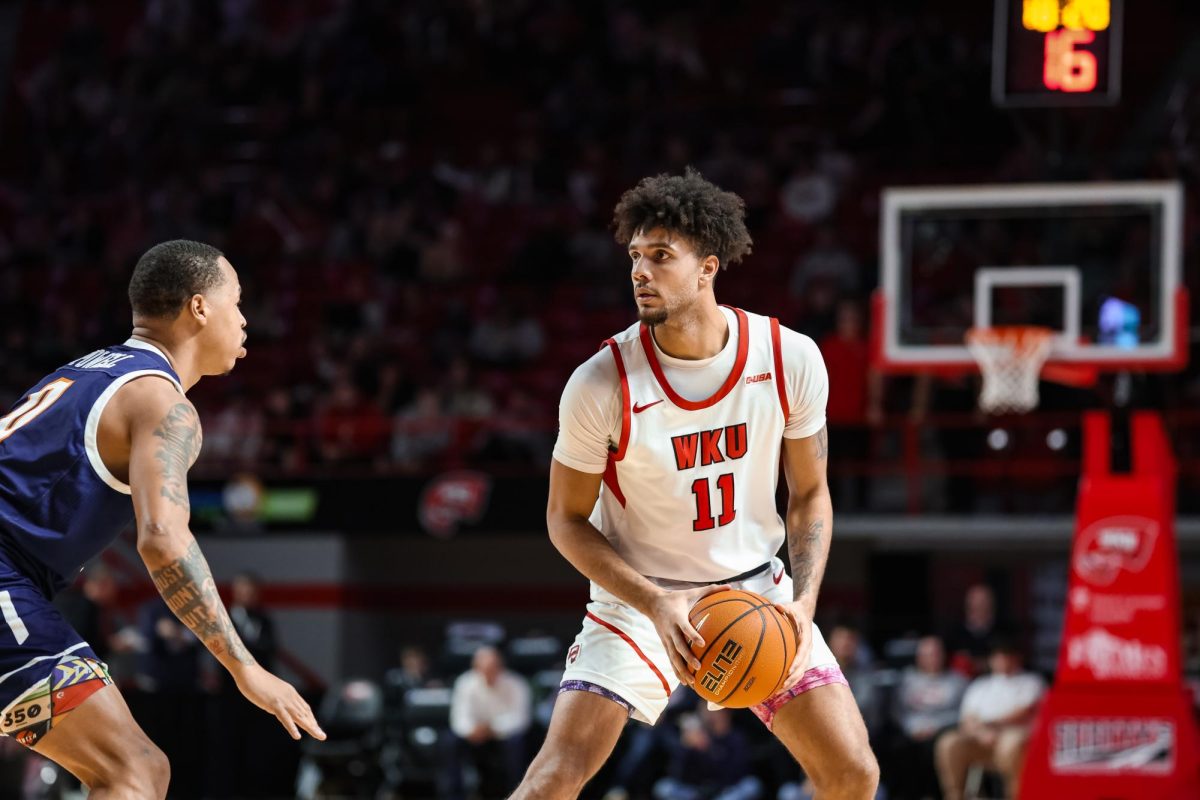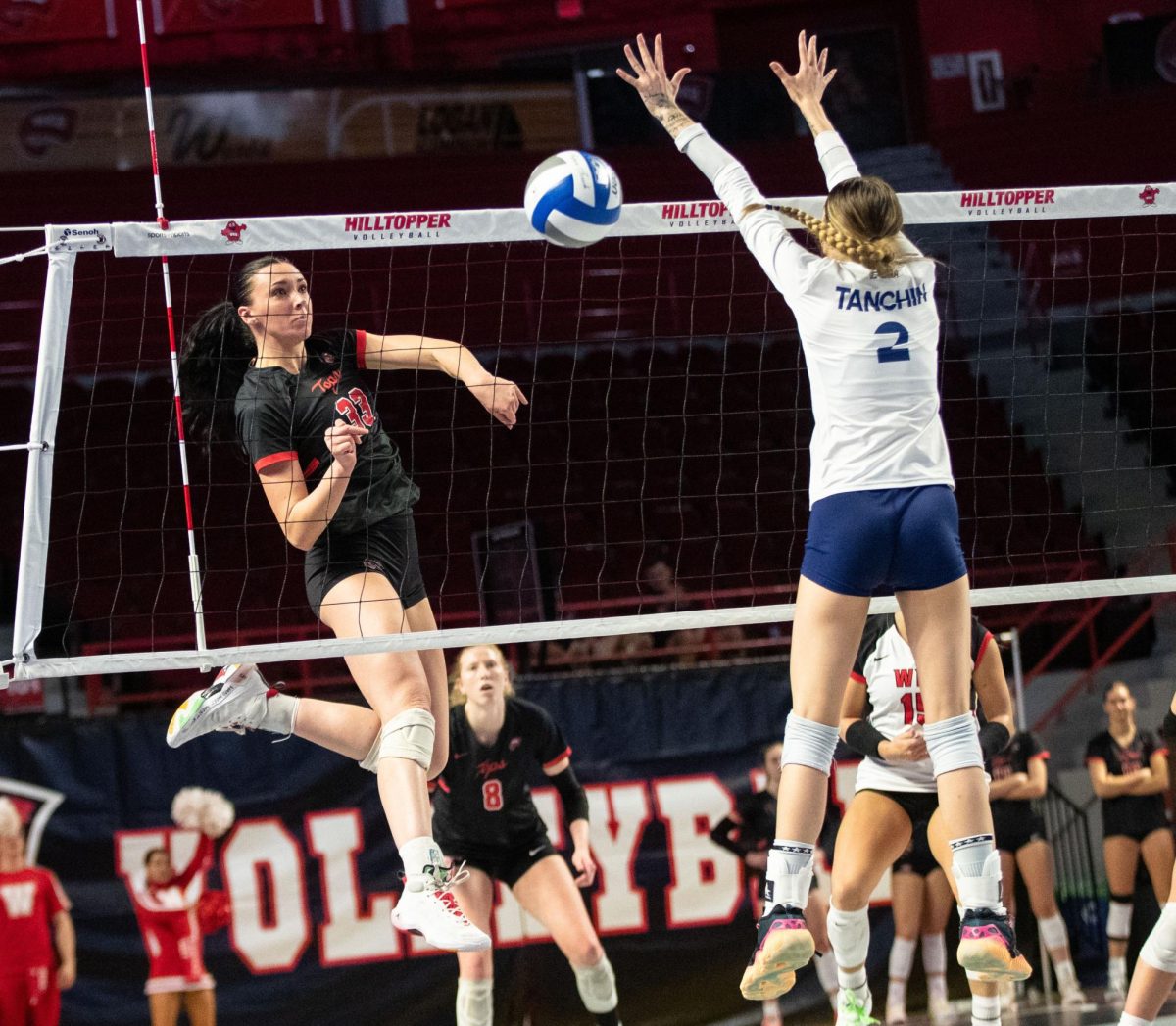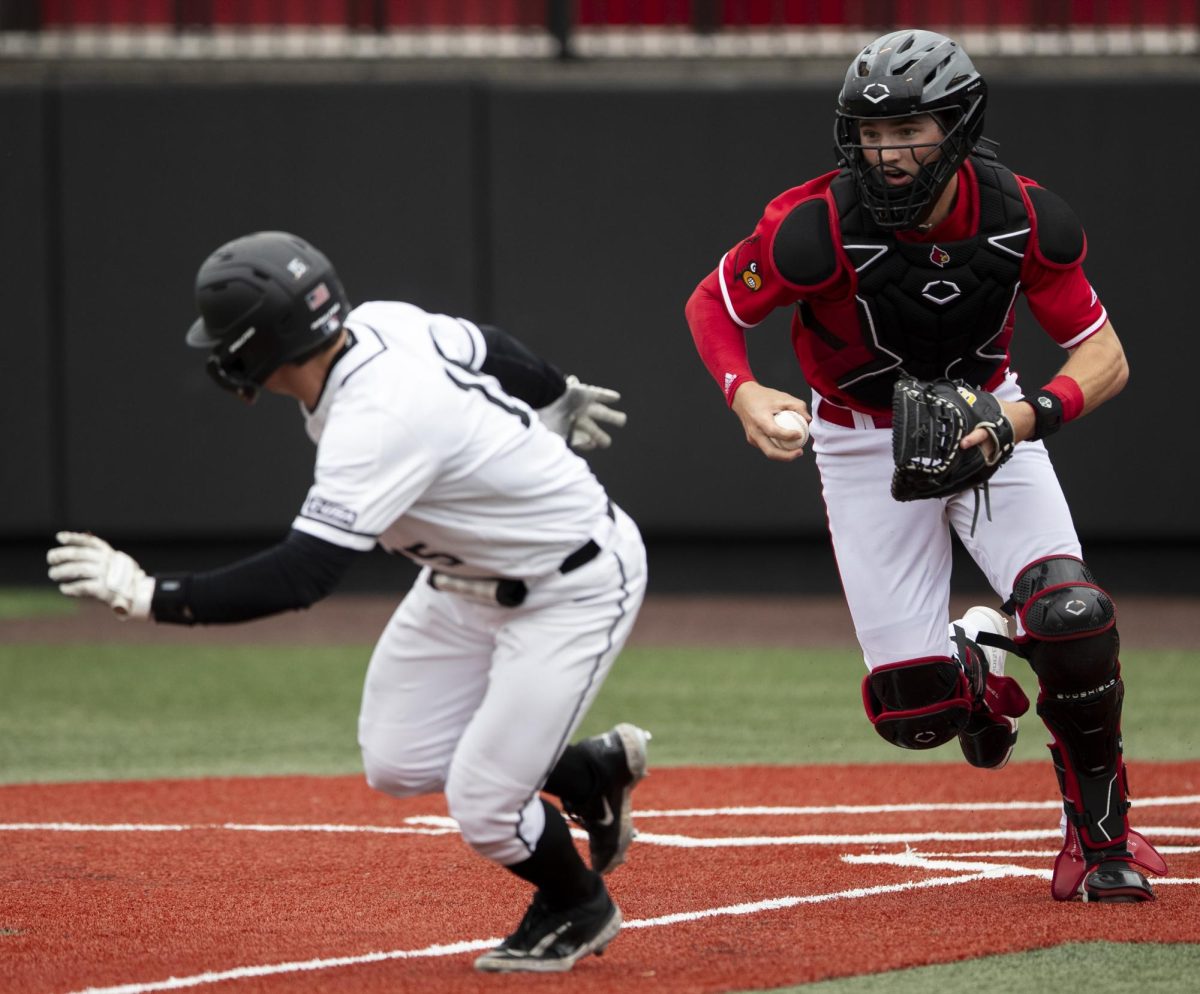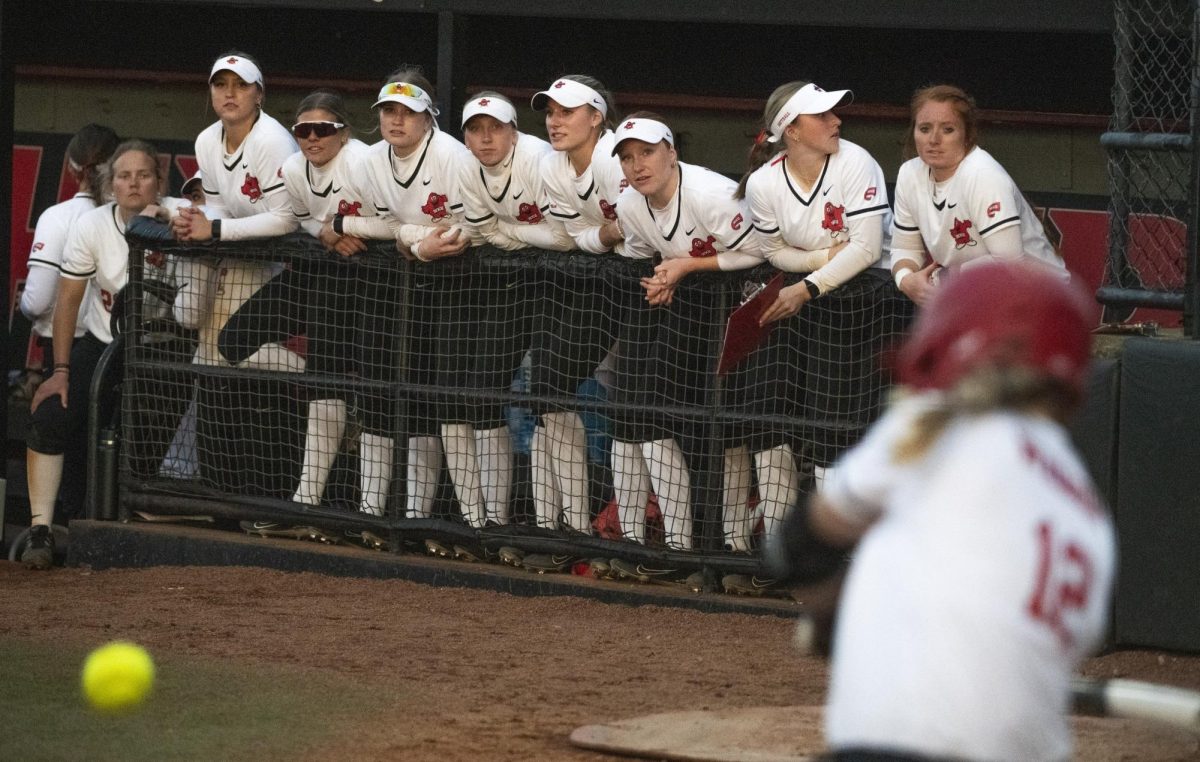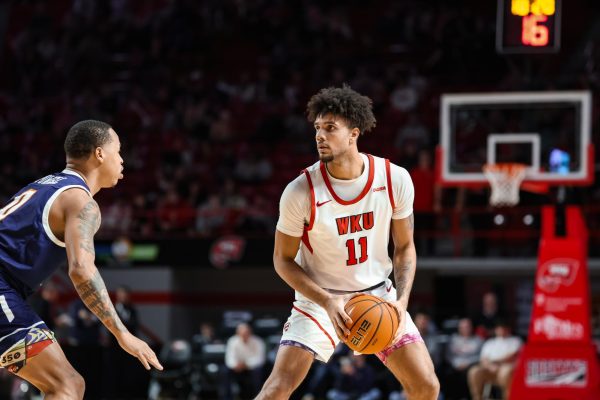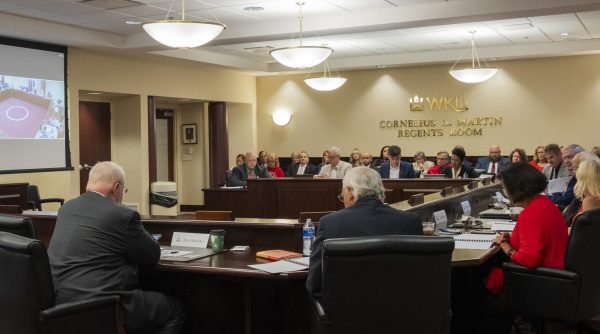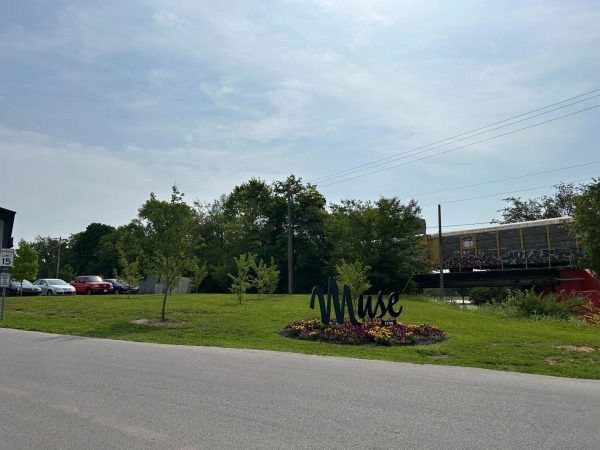Judicial Council holds emergency meeting to discuss election discrepancies
January 30, 2018
The Judicial Council for the Student Government Association held an emergency meeting to discuss election discrepancies on Jan. 29.
Discrepancies in the fall election were brought up by public relations committee chair Will Hurst during the Senate meeting on Jan. 23. During that meeting, Hurst said the executive committee didn’t “do their constitutionally obligated duty” to advertise the election of Stephen Mayer. SGA postponed Mayer’s appointment as senator to discuss potential discrepancies.
Amy Wyer, the director of public relations, gave a speech before the Judicial Council began debate. Wyer was one of three SGA members to give a speech.
Wyer said in her speech that the election was a referendum. She said this did not qualify as an election “per section 11.1” of the SGA Constitution.
That section states that the Constitution “may be amended by a two-thirds vote of the full membership of the Senate and subsequent referendum by a majority of the student body voting,” according to theSGA Constitution.
Wyer referred to section 2.7.5 in the Constitution, which states that the “director of public relations shall advertise to the entire student body filing dates, campaign requirements and election procedures at least two weeks before filing dates,” according to theSGA Constitution.
“This does not mention advertisements or publicity for regular elections or referendums, only for filing dates and campaign requirements,” Wyer said in her speech.
Wyer said that the director of public relations “has never advertised or posted about referendums” that were included in fall and spring elections, “per the fact that there is no expressed due date in the constitution.”
“We are not here to critique the content of the constitution,” Wyer said. “This should be done in the Senate chambers, and I recommend that the Senate add a clause under the duties of the director of public relations and under the duties of the public relations committee to state to the effect that elections and referendums must be publicized.”
Hurst, who was the first to call attention to potential problems with the election, gave the second speech before the Judicial Council. Hurst said the sections he thinks were violated are sections 2.7.3 and 2.7.5.
Section 2.7.3 states that one of the duties of the director of public relations is to “provide publicity for Student Government Association meetings, activities and programs,” according to theSGA Constitution.
Section 2.7.5 states that another duty of the director of public relations is to “advertise to the entire student body filing dates, campaign requirements, and election procedures at least two weeks before filing dates,” according to theSGA Constitution.
Hurst said there was a “major discrepancy” in the voting amounts between the “amendment that failed” and the “amendments that did not fail.”
“As the Executive Cabinet has proved, [the] public relations director has made a claim that there is no specific thing referencing a referendum election,” Hurst said. “It does reference election procedures, and I do believe that this falls under election procedures.”
Director of academic and student affairs Emily Houston gave the third speech before the Judicial Council. She said there was “not a huge discrepancy” between the vote counts. She said the bill “in question” had 119 votes, while the other bills had 117 and 116 votes.
“It’s a couple differences [that] could likely be explained by just not wanting to click on the last one,” Houston said in her speech.
Houston said she wanted to “address the claim” that section 2.7.3 “would include the referendum and require the director of PR to provide publicity.”
She said that “if the judicial council found this to be included in her responsibilities, the same exact language exists” in section 5.5.2, which states that one of the duties of the public relations committee is to “provide publicity for all Student Government Association meetings, activities, and programs,” according to theSGA Constitution.
“If this referendum is invalid, then any issues with the director of PR not fulfilling her constitutional duties must also include all members of the PR committee failing to fulfill theirs,” Houston said.
After Houston’s speech, Hurst said that he “did advertise after we decided that there was going to be an election.”
“You can ask all the members of my committee if I did so, and I’m sure that all of them would be willing to attest to that I did that,” Hurst said to Houston. “Saying that I did not fulfill my responsibility is just false.”
Chief Justice Annalicia Carlson entered the judicial council into debate.
“It seems to me that the first thing that we have to kind of establish is whether or not it was even the director of public relations’ responsibility to advertise the election, and then from there we can kind of break it down further,” Associate Justice Jacob McAndrews said.
McAndrews referred to section 2.7.3 and said the section says it was “the director of PR’s responsibility to provide publicity for SGA meetings, activities and programs.” He said the justices need to decide if the referendum fits into any of the three categories listed in the section.
McAndrews said the referendum was not a meeting. He said “people do not meet to have an election” because “it is done on TopNet.” McAndrews said he would argue that activities and programs are “seen to be things that you go to.”
“I’d be interested to hear what the members of the council think regarding this because I think that construing a referendum as an activity or a program, without it being explicitly stated in the constitution that it is, is a little bit of a stretch,” McAndrews said.
Carlson said the next things that attracted her attention were sections 2.5.3 and 2.5.5 and the public relations committee.
“To me, it seems like it got trickled down to where the committee took that responsibility from the director of public relations,” Carlson said. “So it was not advertised by the person that it was supposed to be advertised to. However, it was still advertised.”
McAndrews said the problem is that in the section on amendments in the SGA Constitution and in the new items passed in the fall semester, “nowhere in that does it say whose responsibility it is to advertise.”
“I think that it would be beneficial if there were language in the constitution that specifically said, ‘Advertising for elections, it is the duty of this person or this committee,’” McAndrews said. “But unfortunately, we don’t have anything like that in the Constitution.”
Carlson said it is included that the director of PR “does need to advertise.” She said the referendum “would not fall under meetings, activities or programs,” and she said it “could fall under numerous other causes.”
Carlson said “it sounds like” the public relations committee secretary and committee chair “did assist in advertising through their channels of GroupMe.”
McAndrews said the other section not discussed by the judicial council was section 2.7.5, which he said he found “at least somewhat compelling.” He said this section is “more about making sure students know how an election functions.”
He said “this is where the distinction between an election and a referendum is important” because “this section is all about at least two weeks before filing dates.”
McAndrews said “this is not a filing date for a referendum” because “they just happen.”
“It seems to me that this particular clause is focused specifically on an election of senators and the executive council, as opposed to referendums on constitutional amendments,” McAndrews said.
Carlson said the council needed to decide if a referendum falls under an election. Before the justices voted, Hurst addressed Carlson.
Hurst said that regarding a bill “concerning the bylaw amendment that approved the election,” “it says constitutional amendment elections, not referendums.” Hurst said inside that bylaw, “it says that it is an election, not a referendum.”
Hurst said that within the bylaw, “it specifically references three things that they must do and the last thing is election procedures.” Hurst said he believes “that should fall under election procedures.”
Carlson thanked him for his concern but noted that debate was ongoing, saying “we are currently in debate at this time.”
Hurst stood from his chair and left the room. As he left the room, Hurst said he would be “submitting my resignation on Tuesday.”
Continuing debate, the justices voted unanimously that the referendum did not fall under “filing dates” in section 2.7.5. Concluding their debate, the justices unanimously voted to uphold the results of the election.
At the end of the meeting, SGA President Andi Dahmer said she was pleased that the Judicial Council “upheld the fact” that the executive board was “performing our duties in accordance with the constitution.”
“I think that it’s really time to put differences aside and come together because no one here was in violation of the constitution,” Dahmer said. “But I do applaud the senators for making sure that everything is in accordance with the constitution because that is their right as senators.”
Regarding Hurst leaving the meeting and saying that he would be submitting in his resignation on Tuesday, Dahmer said she had “no comment.”
News reporter Nicole Ziege can be reached at 270-745-6011 and [email protected]. Follow Nicole Ziege on Twitter at @NicoleZiege.


